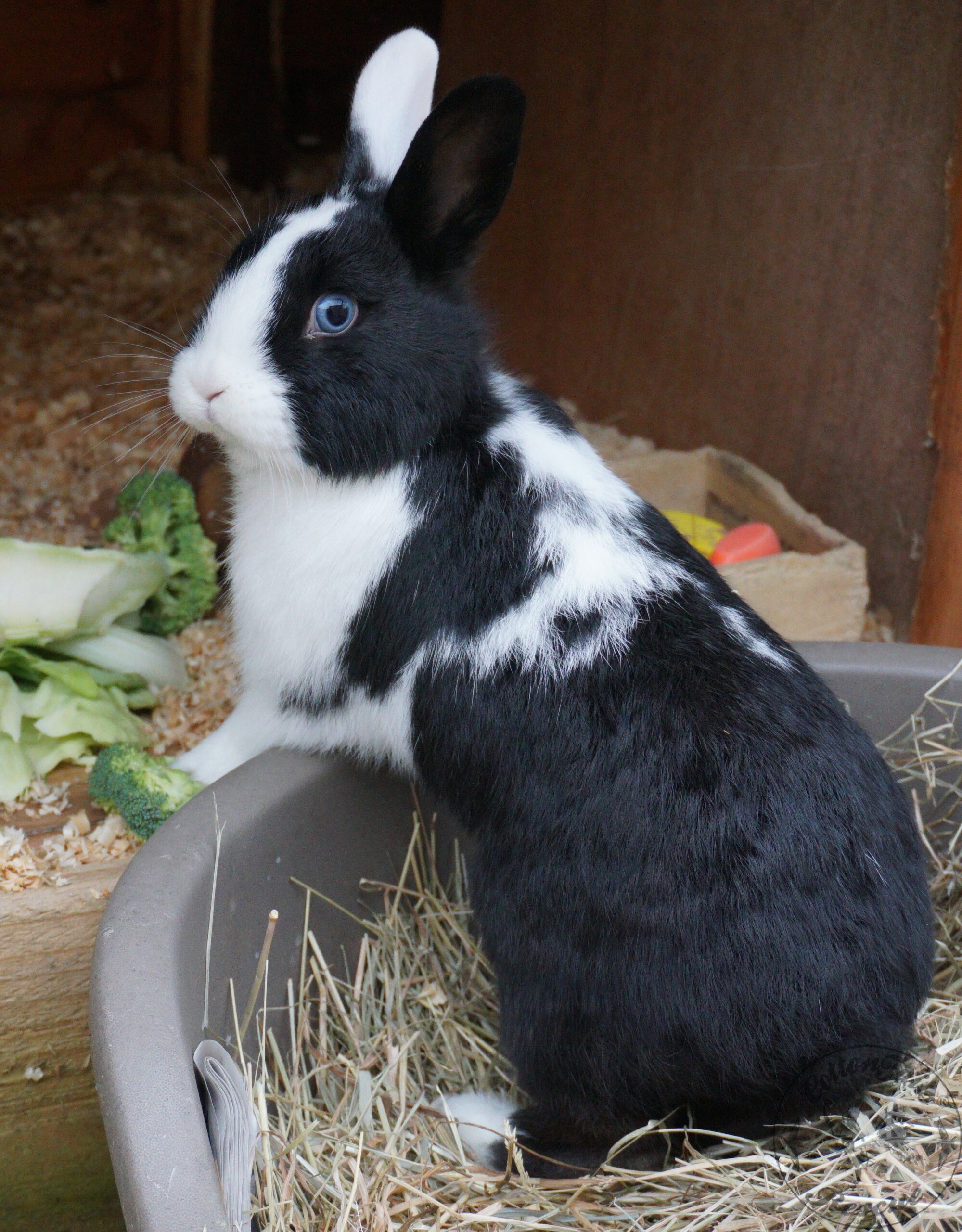Choosing the right vet for your rabbit or guinea pig is one of the most important things you can do to ensure your pet gets the best possible care when needed most. Here are some general points to consider:
- Find a good vet in your local area if at all possible to minimise stress with travelling and also for quick access when fast treatment is needed.
- It is essential to find a veterinary practice that makes you feel welcome. In times of emergency, you need to feel confident that the correct decisions are being made and that the staff will give you the support you need.
- The staff should be willing to spend time explaining procedures, treatments and any other issues and not try to keep you in the dark or become defensive if you would like to find out more.
- The practice should be up to date with recent advances in veterinary medicine in the species of animal you have. An example is where some vets still use the old-fashioned method of external stitches with rabbit spays, risking lives by doing so. A routine spay should have adhesive as the last layer so there are no external stitches to pull out.
- Early neutering of rabbits is essential (see neutering article), so make sure your vet is aware of the advantages and is happy to comply with your wishes.
- Find a practice where you can see the same vet or vet nurse throughout treatment (except for emergencies) rather than taking potluck as to who you will see. A practice that regularly uses locums will not be ideal from this point of view.
- A mutual feeling of trust needs to be developed, and this means that the owner, too, needs to try hard and listen to what they are being told and why! An owner who will not listen to good advice is a nightmare. Do not let this be you!
- A good veterinary practice will ensure that rabbits and guinea pigs are kept away from dogs and other animals – ideally to be kept in another area altogether.
- If the rabbit or guinea pig usually lives as part of a bonded pair, check that the practice will allow the partner to come in with the patient so long as procedures allow. Using a drip, for example, would naturally make the presence of another rabbit or guinea pig impossible.
- If your rabbit or guinea pig has to be hospitalised, take their usual food with you, and take any special toy (or house/tunnel if a guinea pig) as this will help them settle in. Choose a vet practice that encourages this.
- Check that nursing staff are available at night should your pet be hospitalised. Not all veterinary practices do this; some animals are left alone all night with no support staff!

